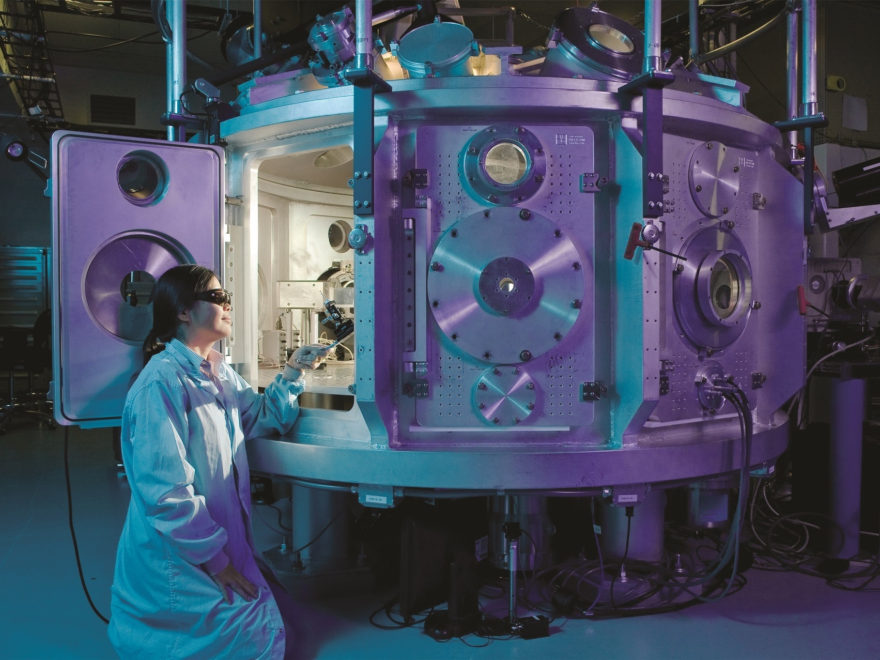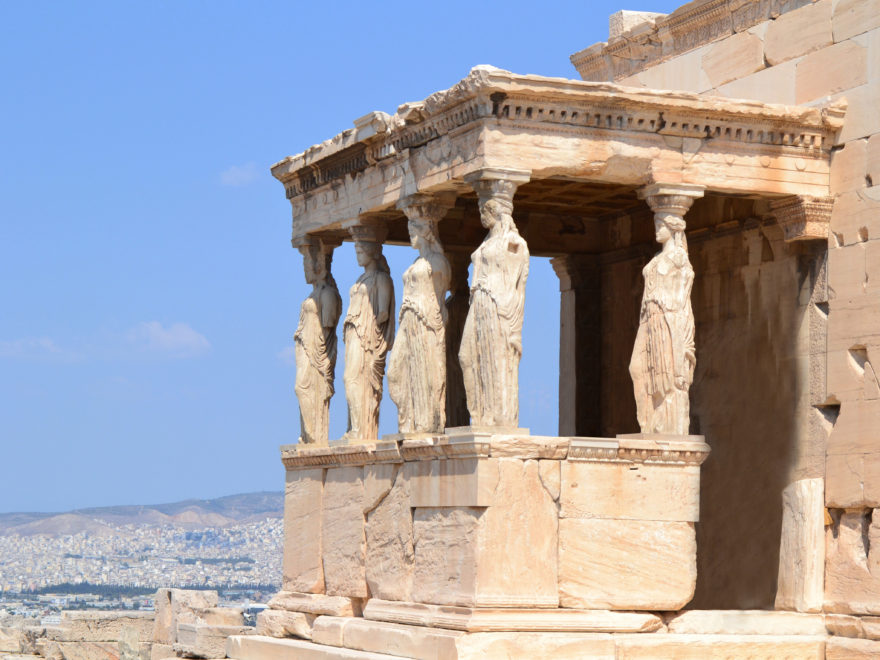Tag: joy in learning
-

The Flow of Thought, Part 9: The Lifelong Love of Learning
The ‘love of learning’ is one of those phrases that is so overused in education that it feels like it has been beaten to death with a stick. Every educator and every educational model claims to promote the ‘lifelong love of learning’ for their students. I challenge you to find an engaged teacher who doesn’t…
-

Charlotte Mason and the Power of Ideas
As Charlotte Mason observed, there is nothing quite like the experience of being struck by an idea. The experience is equivalent to being the recipient of some unexpected treasure. Ideas loosen our grip on holding a thin view of the world. They open our minds, especially through narration, to connections previously gone undetected and stir…
-

The Flow of Thought, Part 4: The Seven Liberal Arts as Mental Games
There’s a lot of talk these days about the war between STEM and the liberal arts (which we are meant to understand as the humanities generally). Often this gets posed as a trade-off between a utilitarian education—training our future engineers, scientists and programmers—vs. a soft education in human skills and cultural awareness. Given the hype…
-

The Flow of Thought, Part 2: The Joy of Memory
In my last article “The Flow of Thought, Part 1: Training the Attention for Happiness’ Sake” I drew a connection between Aristotle’s view that happiness is the chief goal of education and the findings of modern positive psychology. In Mihaly Csikszentmihalyi’s Flow: The Psychology of Optimal Experience, he reports his findings that people report being most…
